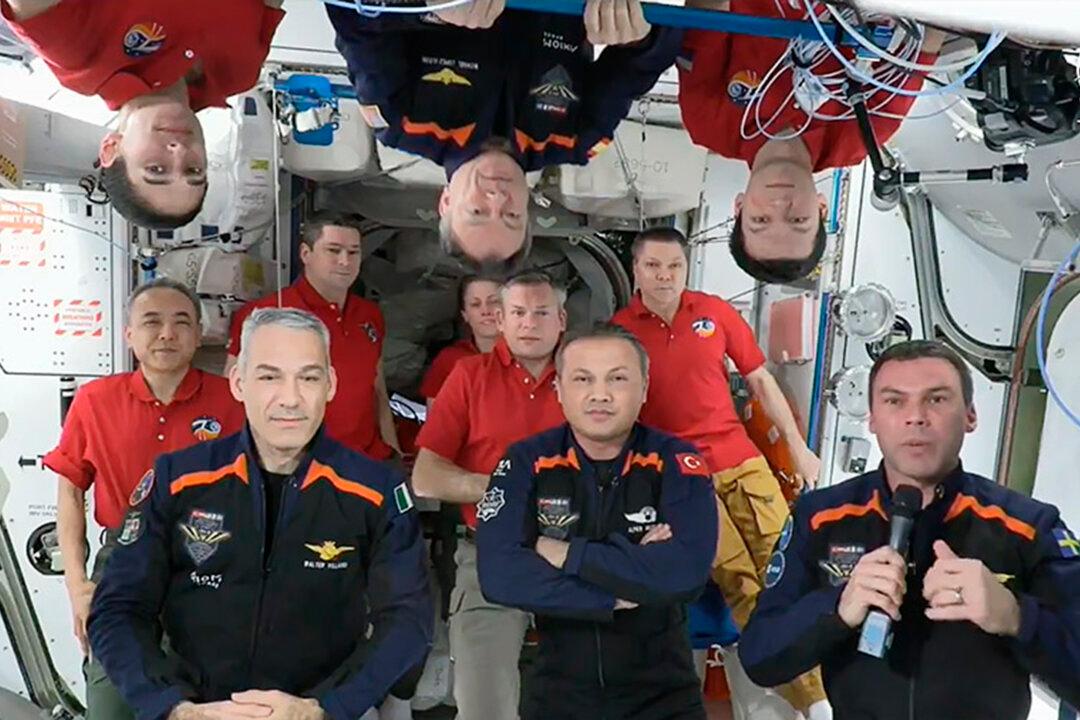Pakistan authorities said that 26 people were killed in airstrikes launched by India targeting terrorists in several areas of Pakistan-controlled territory on May 7, including the divided Kashmir region.
“A little while ago, the Indian armed forces launched ‘OPERATION SINDOOR’, hitting terrorist infrastructure in Pakistan and Pakistan-occupied Jammu and Kashmir from where terrorist attacks against India have been planned and directed,” a statement from the Indian government said.






